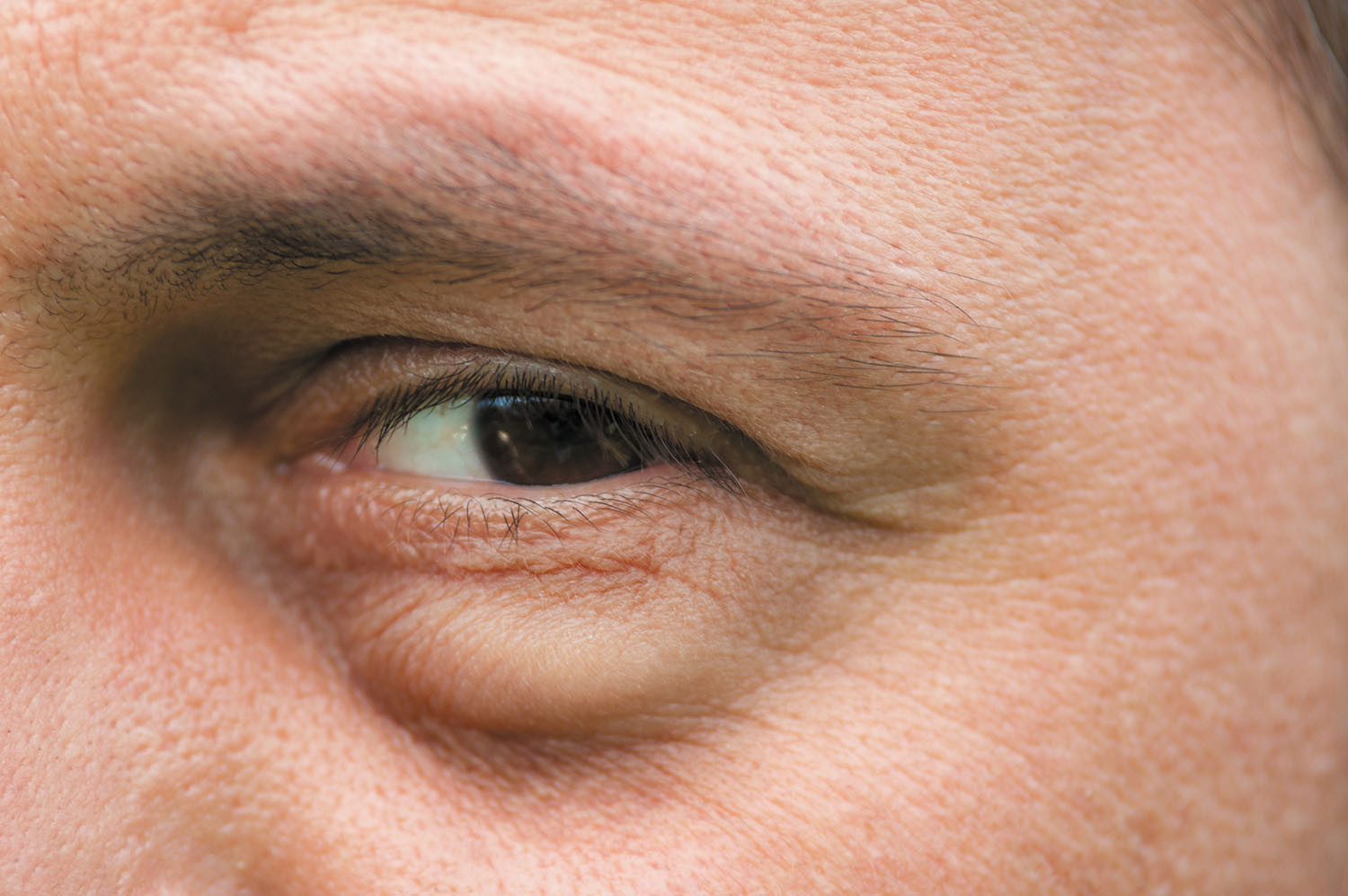
Trying to lose weight? Be careful not to lose muscle

Is your skin problem actually an autoimmune condition?

People with diabetes face higher risk of hearing loss

Antibiotic-free fixes for recurrent UTIs

Musculoskeletal syndrome of menopause: When menopause makes you ache all over

When can older women stop getting mammograms?

To lose weight, especially harmful belly fat, combine diet and exercise

Can men hold off on treating recurring prostate cancer?

The 7 types of rest and why we need them all

What are the early warning signs of cervical cancer?
Eye Health Archive
Articles
Is there help for my dry eyes?
A reduction in tear production can lead to a condition called dry eye syndrome. It causes the eyes to become dry and irritated and may be prompted by aging, medication, or hormone shifts. Eye drops and ointments can help relieve symptoms.
Could cataract surgery protect against dementia?
Having surgery to remove cataracts restores blurred or distorted vision, helping to improve quality of life for older adults. Now, a new study makes a strong case that removing cataracts may reduce a person's risk of developing dementia.
Watch out for these balance busters
Many factors can impair balance and lead to falls, such as vision, hearing, or joint problems; medication side effects; and environmental hazards. To improve balance and reduce the risk for falls, one can remove fall hazards from the home, treat underlying conditions that increase fall risk, consider adjusting medications that affect balance, get physical therapy, use an assistive walking device, wear supportive shoes that hold the feet in place, and frequently challenge balance with balance exercises.
Eye diseases linked to a higher risk of dementia
People who get age-related macular degeneration, cataracts, and diabetes-related eye disease may have a higher risk for dementia. Having more than one eye condition may further increase the risk.
Exercising safely with hearing or vision impairment
In your eyes: Clues to heart disease risk?
Back to the doctor
Can wearing contacts harm your vision?
Millions of people wear contact lenses, and with proper use and care they are very safe. However, sleeping with lenses in that are not specifically intended for extended wear can increase the risk of infection in the eye's cornea.
What are eye floaters?
Eye floaters occur when the thick, jelly-like substance that fills the center of the eye form blobs that block incoming light. They might resemble spots, cobwebs, or strings. The sudden appearance of new floaters should prompt a call to your doctor, but most often they become less bothersome over time.
You don't say? Under eye bags and dark circles

Trying to lose weight? Be careful not to lose muscle

Is your skin problem actually an autoimmune condition?

People with diabetes face higher risk of hearing loss

Antibiotic-free fixes for recurrent UTIs

Musculoskeletal syndrome of menopause: When menopause makes you ache all over

When can older women stop getting mammograms?

To lose weight, especially harmful belly fat, combine diet and exercise

Can men hold off on treating recurring prostate cancer?

The 7 types of rest and why we need them all

What are the early warning signs of cervical cancer?
Free Healthbeat Signup
Get the latest in health news delivered to your inbox!
Sign Up











